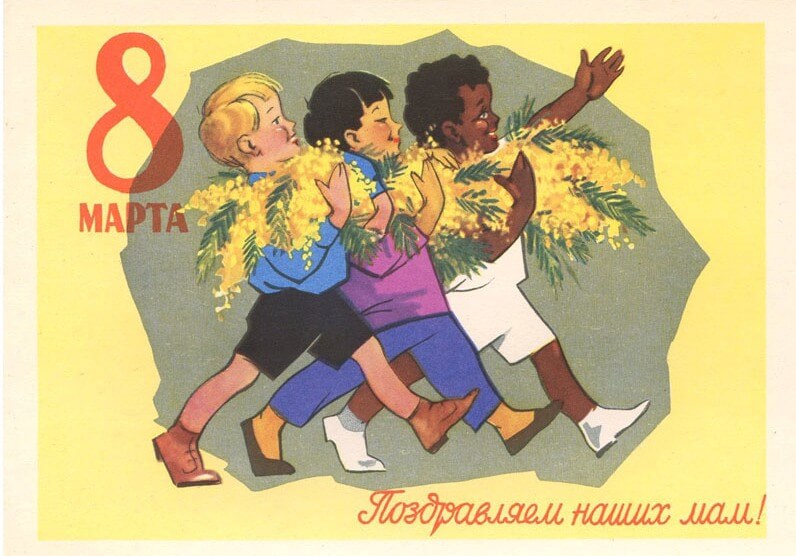Stolen Holiday: Historical Transformations of the Meaning of March 8th, and Feminist Activism in Contemporary Ukraine
Oksana Kis
Institute for Ethnography, National Academy of Sciences of UkraineMarch 5, 2013
Center for Urban History, Lviv
Even since delegates of the Second International Conference of Socialist Women in Copenhagen in August 1910 unanimously supported Clara Zetkin’s proposal to celebrate an annual Women’s Day to draw attention to issues of equal rights for women, the meaning of the holiday changed repeatedly.
The first part of the presentation traced the gradual transformation of the holiday's meaning in the USSR - from Day of Working Women's Solidarity in the Struggle for Equal Rights to the Holiday of Spring and Eternal Womanhood. Subsequently, the presentation focused on the practices of celebrating March 8th in post-Soviet Ukraine, and attempted to address the questions of why leaders of political parties of various cuts continued using late Soviet rhetoric and perpetuating late Soviet traditions of marking Women's Day? Does contemporary Ukraine need grassroots feminist activism, and what forms of this activism are most effective? The presentation attempted to show how aspirations to reclaim the original meaning of the holiday became a unifying factor for the women's movement in Ukraine. It discussed street public events, as well as artistic and awareness-raising initiatives aiming to revitalize the feminist tradition of marking the International Women's Day.

Oksana Kis
holds a Ph. D. (Kandydat) in history, and is Senior Research Assistant of the Institute for Ethnography, National Academy of Sciences of Ukraine. She heads the Ukrainian Association of Women’s History Scholars, and the “Woman and Society” Academic and Research Center.
